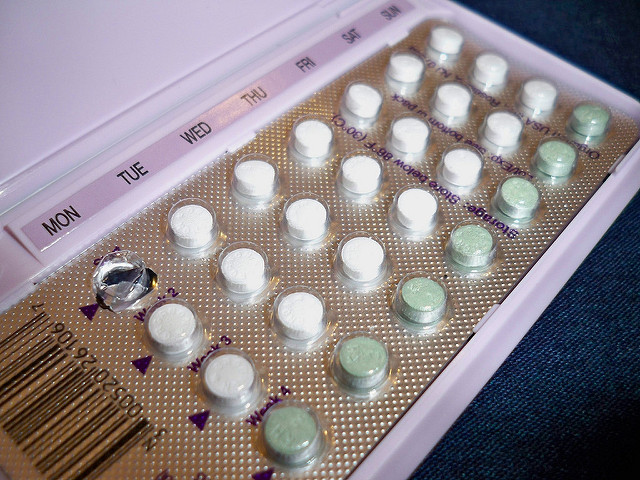The Trump administration recently took a huge step toward replacing failed sexual education policies with ones that truly contribute to societal flourishing. The decision came last week, when Trump’s Secretary of the U.S. Department of Health and Human Services, Tom Price, announced that the government would be pulling $213.6 million from 81 organizations that promote abortion and contraception as remedies for teen pregnancy, Church Militant reported.
READ: Study Reveals Cuts to Sex Education and Birth Control Lead to LOWER Teen Pregnancy Rates
Each of the organizations had received a five-year grant from the Obama administration under the Teen Pregnancy Prevention (TPP) Program. Now, the Trump administration will redirect that taxpayer money plus $50 million more to abstinence and personal responsibility programs between 2018–2024.
According to Reveal News, several now-former grantees were told that the decision to revoke funding came from the office of the assistant secretary for health. Last month, President Trump appointed Valerie Huber, who runs a D.C.-based nonprofit for abstinence education, as the office’s new chief of staff.
In February 2016, President Barack Obama cut federal funds from all abstinence-only sex education programs, which had been receiving just $10 million per year.
Molly Smith, president of Cleveland Right to Life, shared her reaction to the Trump administration’s move:
“It is certainly refreshing to see that the President and his administration are acknowledging this fact and are working with abstinence program organizations who have shown that these programs work,” Smith told Church Militant. “Throwing contraception at young girls and telling them that as long as they are contracepting they can be sexually active verges on abuse.”
As Faithwire previously reported, a U.K. study released last month found that government cuts to spending for sex education courses and contraception have contributed to Britain’s lowest teen pregnancy rate in nearly 50 years.
Researchers David Paton of the Nottingham University Business School and Liam Wright of the University of Sheffield found that these methods — which took off during the Sexual Revolution of the 1970s, gained even more traction with the AIDS epidemic of the 80s, and have continued into the present day — have not only failed to reduce teen pregnancies, but have in fact led to even more unwanted pregnancies, and subsequently more abortions and teenage parenthood.
Further, a Centers for Disease Control and Prevention report on teen health and sexuality released last year found that teens who abstain from sexual intercourse are much less likely to engage in “risky” or unhealthy behavior (e.g. get into a car with a drunk driver, experience physical abuse from someone they are dating, smoke, binge drink, inject illegal drugs, be depressed or suicidal, try tanning beds, etc.) than their sexually active peers.
These latest findings are truly remarkable, especially when one considers the seemingly universal, half-century-long consensus among researchers and policymakers regarding sexual health. By contrast, programs and policies that promote chastity have been largely dismissed as antiquated and ineffective, yielding devastating consequences.
Despite all of this, the percentage of teens in the U.S. who are sexually active has actually decreased by 8 percent since 1991. The truth about abstinence is resonating with young people, whether the public acknowledges it or not.
Trump’s latest move appears to acknowledge the latest research on sexual health among youths. And if the U.K. findings are any indication, the U.S. is likely laying the foundation for a happier, healthier culture. It’s a resounding “win” for teen health in America.



